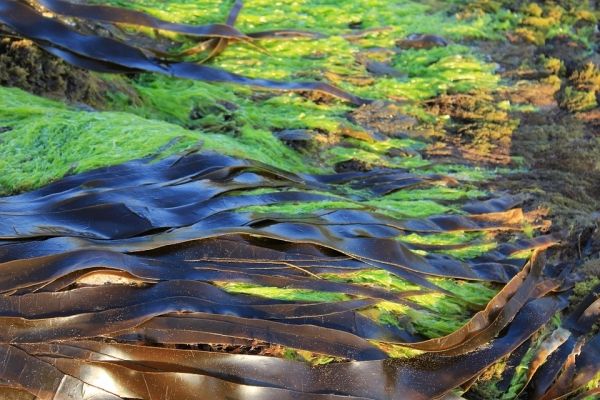As Australia officially enters winter, UniSA ecologists are urging coastal communities to embrace all that the season brings, including the sometimes-unwelcome deposits of brown seaweed that can accumulate on the southern shores.
While tidal seaweed (or sea wrack) may seem unsightly – especially at beach-side tourist destinations – new research from the University of South Australia shows that it plays a vital role for many migratory seabirds and should be protected.
In the first study of its kind, UniSA researchers show that beach-cast seaweed provides shelter, and a range of microclimates, in addition to food, that ensure the survival of many shore-bird species.
Specifically, sea wrack acts like a reverse-cycle air conditioner creating cooler conditions when the weather is hot and warmer conditions when it is cold, helping seabirds regulate their body temperatures.
Read more at University of South Australia
Photo Credit: bluebudgie via Pixabay


